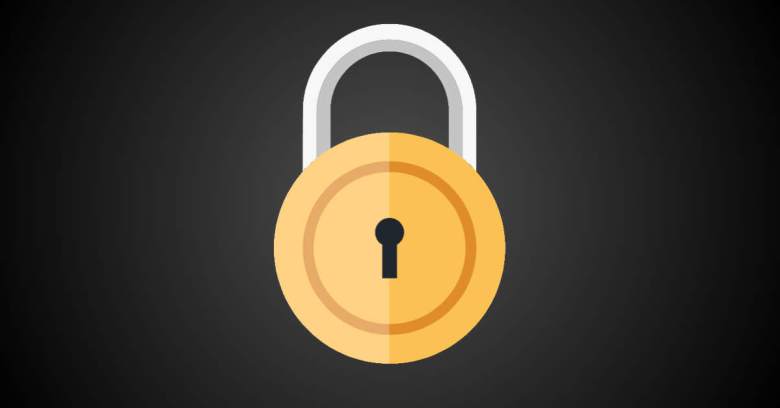Today is Data Privacy Day.
As we say every year, Data Privacy Day is more than just a 24-hour period when you try to keep safe online.
It’s a day to think about changes you can make in your digital life that will keep you safer today, and tomorrow, and the day after, and the day after that.
So here are five things you can start doing today for your own and for everyone else’s good.
1. Pick proper passwords.
We’re hoping that this is old news for most of you: sort out your passwords and turn on 2FA.
A password manager makes it easy to change your tired old passwords, to replace them with decently chosen ones, and to have a different password for every site.
Password managers also protect you against fake sites – if you visit a bogus bank login page, your password manager won’t recognise it so it won’t have any password to put in at all.
2FA, short for two-factor authentication, generally refers to those one-time codes that you receive to your phone via text message, or that you generate via an app.
They’re a tiny bit of extra hassle for you, but a lot of extra effort for the crooks.
Motto: A little inconvenience goes an awfully long way!
2. Review your privacy settings.
Most operating systems, apps and online accounts allow you to choose how much you want to share with them, and when, and how.
Make today the day you go and review those settings.
(Do you really want to let every app on your phone find out your location? Do you really want to stay logged into your favourite online site for weeks at a time? Do you really want to give an app the right to post to your social media account on your behalf?)
Unfortunately, we can’t give you a one-size-fits-all rule here because every app and every site seems to have its own list of options, its own names for all the options, and its own configuration menus where you can adjust your settings.
So this tip needs you to do a bit of digging on your own, to find out which buttons to click or what menu options to choose, so you can see and edit your settings.
Motto: If in doubt, don’t give it out!
3. Don’t share without permission.
Social media can be fun, and it’s meant to be.
But you don’t need to share everything, and you shouldn’t share anything without consent.
It’s tempting to upload photos that include other people, and often they don’t mind – but get into the habit of asking for their permission, each and every time, no matter how unimportant it might seem.
You’re not only making it clear how you expect to be treated by your friends in return, but also helping yourself at the same time – especially if the photo gives away information about you as well.
Public content can accidentally tell cybercriminals things you don’t want them to know, such as where you live, when your birthday is, or that you’re away and your home is empty – and all those facts have real value to a crook.
Motto: Be aware of what you share!
4. Take extra care at work.
This tip is really just an extension of tip 3, with a much more serious side: watch out what you share at work.
Uploading a picture of your best friend taking a pratfall at the pub might make them angry, and you might wish you hadn’t done it, but it’s unlikely to land your company a $5,000,000 fine or to put your job at risk.
Leaking company data, however – especially data that customers have entrusted to you and that the law demands you to keep safe – can have just those consequences.
So although you should be thoughtful about company data for everyone else’s sake, you’re protecting yourself, too – your livelihood could be at risk.
Motto: Don’t be in a hurry when dealing with data!
5. Know your limits.
Finally, spend some time putting your own value on your personal data – figure out how much you’re ready to give away, and what you get in return.
If a company or a website asks for more data than it needs, don’t cave in and hand it over unless you want to.
For example, it’s reasonable for a car hire company to ask you to offer proof of address before handing you the keys to a $20,000 vehicle.
But if a news site or a coffee shop hotspot demands your postcode or your birthday, ask yourself, “Why would they need that, and why would I want to hand it over anyway?”
Motto: Know your privacy limits, and stick to them!
Stay safe out there, today and every day!
(Watch directly on YouTube if the video won’t play here.)
Latest Naked Security podcast
LISTEN NOW
Click-and-drag on the soundwaves below to skip to any point in the podcast.

Steve
“Duck Quacklin”… LOL!